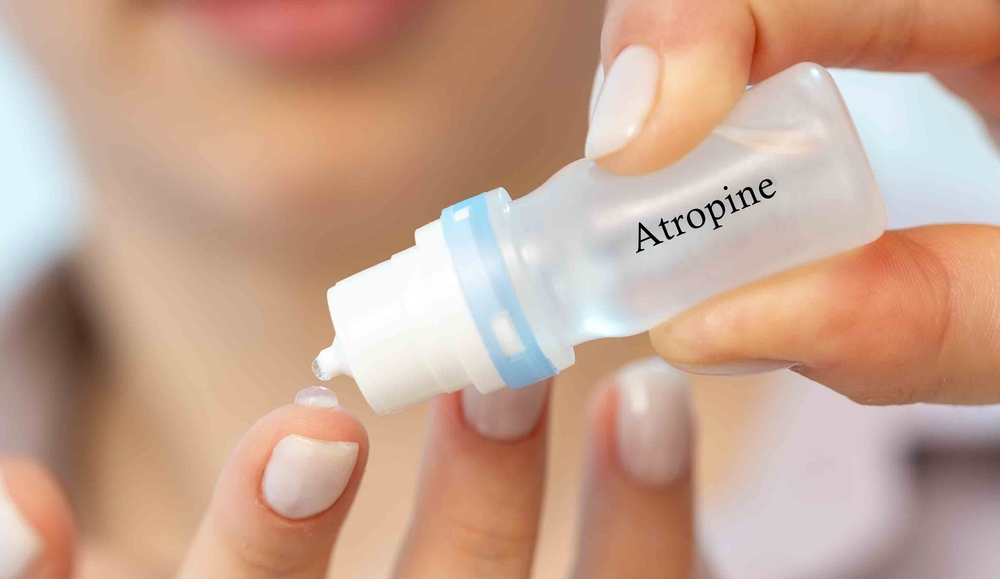
Myopia is becoming increasingly common among children worldwide. It occurs when the eye grows too long from front to back, causing light to focus in front of the retina rather than directly on it. This results in distant objects appearing blurry while close-up vision remains clear. While glasses and contact lenses can correct vision, they don’t address the root cause. One promising treatment that has gained attention in recent years is low-dose atropine eye drops.
Why Is Myopia Control Essential?
Myopia control is essential because nearsightedness in children often worsens as they grow, increasing the risk of developing high myopia later in life. High myopia not only requires stronger vision correction but also significantly raises the likelihood of serious eye conditions such as retinal detachment, glaucoma, and macular degeneration. By slowing the progression of myopia during childhood, eye care professionals can help preserve long-term vision, reduce future dependence on corrective lenses, and protect overall eye health.
How Atropine Eye Drops Work
Atropine is a medication that has been used in eye care for many years, primarily to dilate the pupils during eye exams. In recent years, research has shown that when used in very low concentrations, atropine can slow down the abnormal eye growth associated with myopia.
While the exact mechanism isn’t fully understood, experts believe atropine works in several ways. It may reduce the signals that trigger excessive eye growth, relax the focusing muscles in the eye, and influence biochemical pathways involved in myopia progression.
By using a diluted concentration (often between 0.01% and 0.05%) children can experience the benefits of myopia control with minimal side effects, making it a safe and effective option for many families.
The Importance of Early Intervention
The earlier myopia is addressed, the more effective treatment can be. Atropine drops are most beneficial when started while a child’s eyes are still developing - often between ages 5 and 12. Regular eye exams are crucial for detecting myopia early and determining whether atropine therapy is the right choice.
Benefits of Atropine Eye Drops for Myopia Control
Low-dose atropine therapy can offer several important benefits:
Slows progression: Studies show it can reduce myopia progression by up to 50–60% in many children.
Preserves future vision: Slower progression reduces the risk of developing high myopia, which can increase the risk for serious eye conditions later in life.
Non-invasive treatment: Simply using drops once daily, typically at bedtime, makes it easy to incorporate into a child’s routine.
Take the First Step in Protecting Your Child’s Vision
Atropine eye drops are a safe, proven, and effective option for slowing myopia progression in children. By reducing how quickly a child’s prescription changes, they can help protect long-term vision health and reduce future eye disease risks.
If your child is experiencing symptoms of myopia, schedule a pediatric eye exam at Riverdell Vision to learn if atropine therapy is right solution. Contact our office in Oradell, New Jersey, by calling (201) 268-7566 to book an appointment today.



